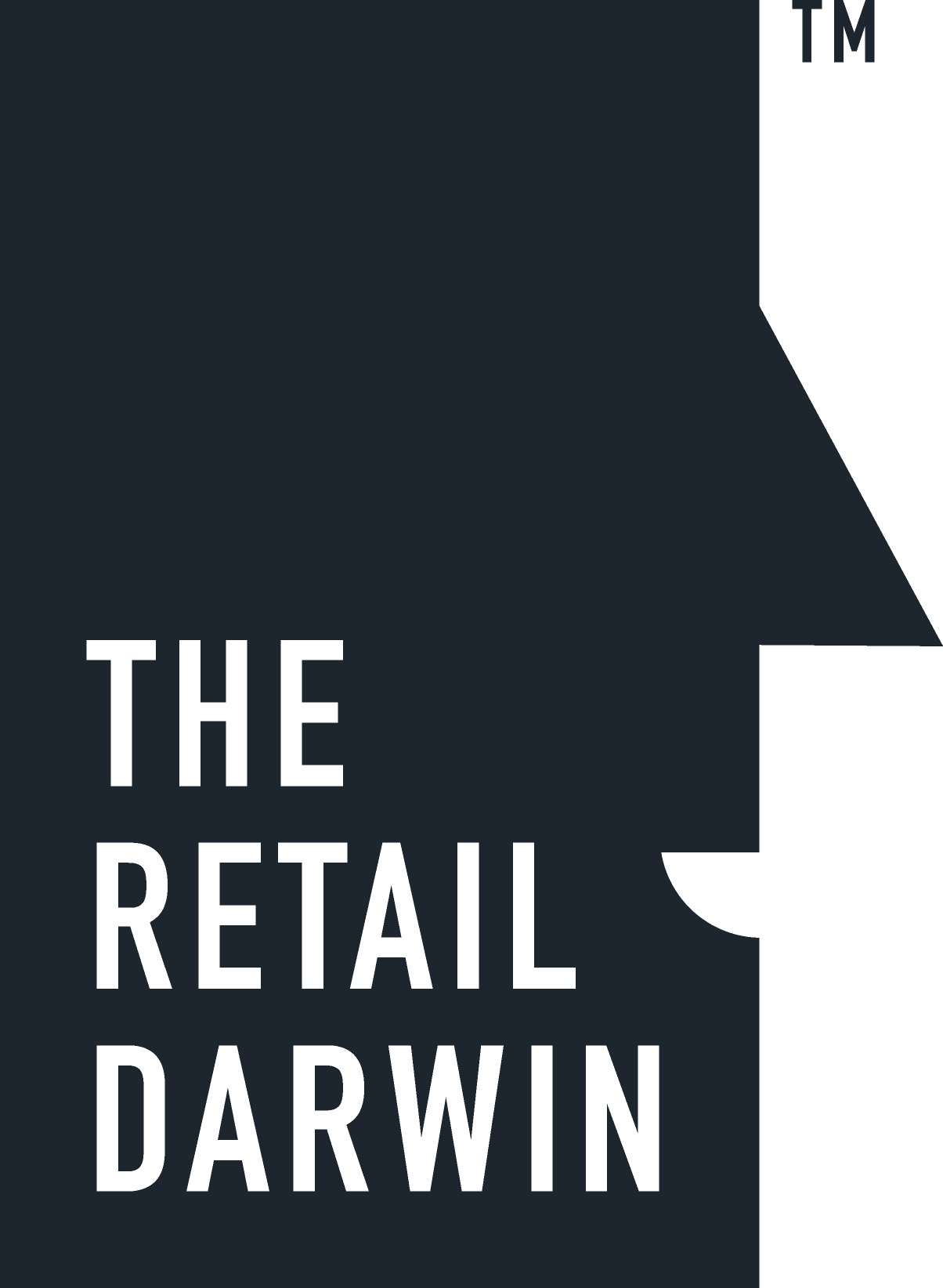In Good Faith
As trust in institutions fades, brands look can provide a sense of belonging.
According to a 2019 study, only 17% of Americans believe they can trust the government to “do what is right,” down from 77% in 1964. Similarly, a poll found that 68% of UK residents don’t feel represented by any of the main political parties. Meanwhile, we are seeing a worldwide decline in people self-identifying as religious and a corresponding increase in the number of people identifying themselves as atheist, agnostic, or “nothing in particular.” The corroded trust in traditional institutions and our fundamental human desire for affiliation and purpose have generated a void for courageous brands to fill.
As Doug Stephens, founder of retail industry consultancy Retail Prophet, pointed out, our faith in the government and religious organizations is faltering. At the same time, the need to belong to a community that aligns with our values is so deeply wired in our DNA that we must believe in something, and increasingly, that something just might be a product or experience. In fact, a 2018 global report suggested that almost two-thirds of us make buying decisions based on a brand’s position on social or political issues. Moreover, 53% of us believe that brands can do more to solve social problems than governments.
As such, brands today face a unique opportunity and challenge to stand for something bigger than themselves. Nonetheless, this doesn’t mean brands can simply claim any larger purpose. “Consumers now expect brands to align with their values, not the other way around,” wrote Stephen Denny of Denny Leinberger Strategy.
Sources: BoF (December 3, 2019) | Inc. (October 4, 2019)


